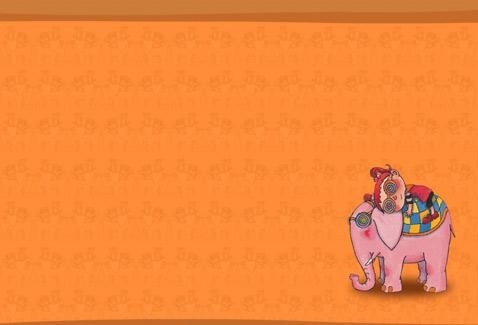
1968年,美國社會學家肯特‧齊思(Kent. M. Keith)提出「矛盾戒律」(The Paradoxical Commandments),目的是希望人們當好人時,不要因過程會出現負面回應而放棄。
戒律一﹕人都是無邏輯、不講理、利己主義的,但還是要愛人﹔
戒律二﹕你做好事,別人說你是為自己打算,但還是要做好事﹔
戒律三﹕當你成功,會獲得假朋友和真敵人,但還是要成功﹔
戒律四﹕今天行了善事,明天就會被遺忘,但還是要行善﹔
戒律五﹕誠實與坦率待人常使你受到傷害,但還是要誠實坦率﹔
戒律六﹕目光遠大的人,會被心胸狹隘的小人攻擊,但還是要目光遠大﹔
戒律七﹕人會同情弱者,只會追捧強者,但還是要為弱者出頭﹔
戒律八﹕你多年建立的成就極可能毀於一旦,但還是要建設﹔
戒律九﹕你幫人時,會出現好心無好報,但還是要幫人﹔
戒律十﹕你為世界貢獻出最寶貴的東西,卻遇上重大挫折,但還是要獻上最好的你。
The Paradoxical Commandments
by Dr. Kent M. Keith
People are illogical, unreasonable, and self-centered.
Love them anyway.
If you do good, people will accuse you of selfish ulterior motives.
Do good anyway.
If you are successful, you will win false friends and true enemies.
Succeed anyway.
The good you do today will be forgotten tomorrow.
Do good anyway.
Honesty and frankness make you vulnerable.
Be honest and frank anyway.
The biggest men and women with the biggest ideas can be shot down by the smallest men and women with the smallest minds.
Think big anyway.
People favor underdogs but follow only top dogs.
Fight for a few underdogs anyway.
What you spend years building may be destroyed overnight.
Build anyway.
People really need help but may attack you if you do help them.
Help people anyway.
Give the world the best you have and you’ll get kicked in the teeth.
Give the world the best you have anyway.
“人一切所行的,在自己眼中看為清潔;惟有耶和華衡量人心。” (箴言16:2)
文章定位:

